I have a query that gets contract_types 1 to 10. This query is being used in an SSRS report to filter out a larger dataset. I am using -1 for nulls and -2 for all.
I would like to know how we would allow multiple values - does oracle concatenate the inputs together so '1,2,3' would be passed in? Say we get select -1,0,1 in SSRS, how could we alter the bottom query to return values?
My query to get ContractTypes:
SELECT
ContractType,
CASE WHEN ContractType = -2 THEN 'All'
WHEN ContractType = -1 THEN'Null'
ELSE to_Char(ContractType)
END AS DisplayFigure
FROM ContractTypes
which returns
ContractType DisplayFig
-1 Null
0 0
1 1
2 2
3 3
4 4
5 5
6 6
7 7
8 8
9 9
10 10
This currently is only returning single values or all, not muliple values:
SELECT *
FROM Employee
WHERE NVL(CONTRACT_TYPE, -1) = :contract_type or :contract_type = -2
I'm assuming we want to do something like:
WHERE NVL(CONTRACT_TYPE, -1) IN (:contract_type)
But this doesn't seem to work.
Data in Employee
Name ContractType
Bob 1
Sue 0
Bill Null
Joe 2
In my report, I want to be able to select contract_type as -1(null),0,1 using the 'allow muliple values' checkbox. At the moment, I can only select either 'all' using my -2 value, or single contract types.
My input would be: contract type = -1,1,2
My output would be Bill, Bob, Joe.



